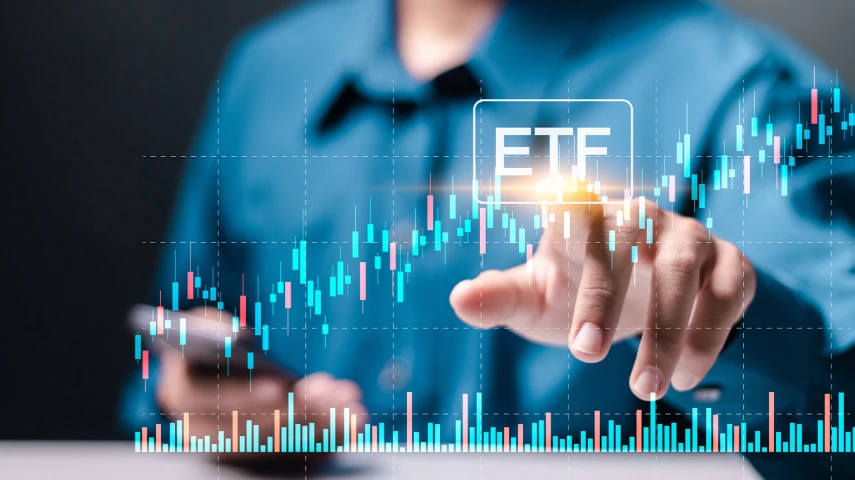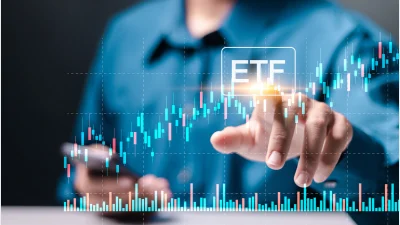Global active ETF flows see 87% surge in flows



Global assets invested in active ETFs have reached US$1.7 trillion in assets under management as of end of September.
According to ETF research firm ETFGI, assets under management (AUM) have reached US$1.7 trillion thanks to net inflows of US$70.5 billion during the month.
This brings year-to-date inflows for 2025 to US$447.7 billion, a sum that is 87 per cent higher than the US$239 billion reported for the first nine months of 2024.
Specifically, active equity ETFs attracted US$43.7 billion in net inflows during September and fixed income ones saw net inflows of $24 billion. On a year-to-date perspective, equity active ETFs have gained US$256.5 billion and fixed income ones have gained US$168.6 billion.
Year-to-date asset growth stands at 47.8 per cent, rising from US$1.17 trillion at the end of 2024 to US$1.73 trillion.
Substantial inflows can be attributed to the top 20 active ETFs by net new assets, which collectively
gathered US$24.7 billion during September. This included the iShares US Equity Factor Rotation Active ETF, iShares AI Innovation and Tech Active ETF and iShares Dynamic Equity Active ETF, all of which gained more than US$2 billion during September.
The US$27.2 billion iShares US Equity Factor Rotation has seen the largest gains since the start of the year with US$10.5 billion in inflows.
Looking at specific providers, Dimensional Fund Advisors is the largest global active ETF provider with US$238.2 billion in assets followed by JP Morgan Asset Management which has US$231.4 billion and iShares with US$99.2 billion.
Collectively, these three providers account for almost a third of global active ETFs while the remaining 615 providers hold less than 6 per cent market share individually.
Many fund managers have been launching their own active ETFs in Australia this year including Perpetual, Macquarie Asset Management, PIMCO and JP Morgan Asset Management.
However, research by Morningstar in its Australian Asset Manager report for Q3 found flows in Australia still remain muted in favour of passive ones.
“Traditional active managers face continued market share losses, as many still charge high fees that are difficult to justify and unsatisfactory performance. Active managers have launched their strategies via ETFs in response to growing passive competition, yet passive ETFs still attract stronger flows due to their lower fees,” it said.
“Competition is further intensifying as passive leaders like Vanguard and BlackRock also offer actively managed products, leveraging their scale advantage to further compete with traditional active managers.”
Recommended for you
Distribution of private credit funds through advised channels to retail investors will be an ASIC priority for 2026 as it releases the results of its thematic fund surveillance and guidance for research houses.
State Street Investment Management has taken a minority stake in private market secondaries manager Coller Capital with the pair set to collaborate on broaden each firm’s reach and drive innovation.
BlackRock Australia plans to launch a Bitcoin ETF later this month, wrapping the firm’s US-listed version which is US$85 billion in size.
Financial advisers have expressed concern about the impact including private market exposure is having on their tracking error budget, according to MSCI.












